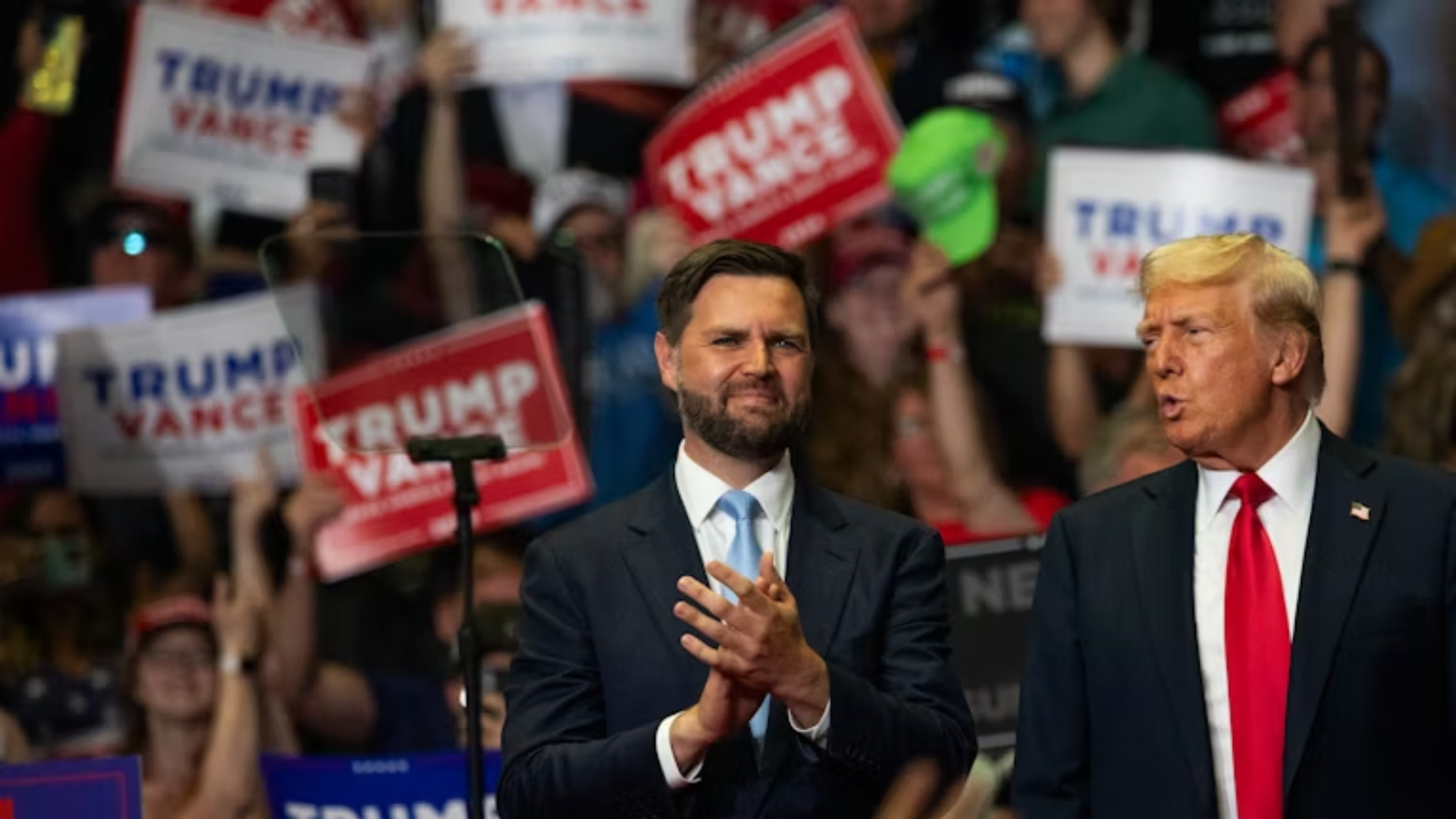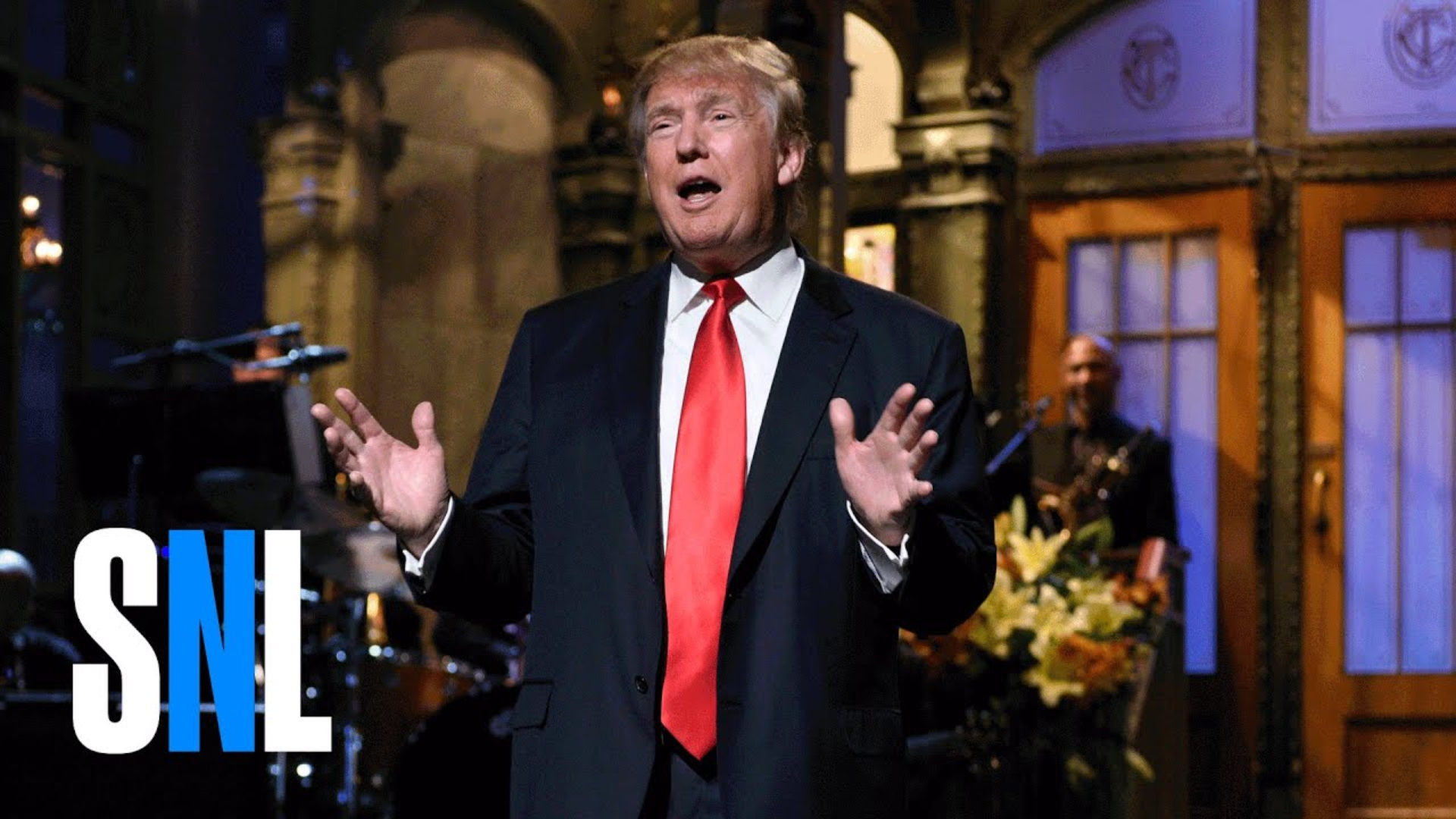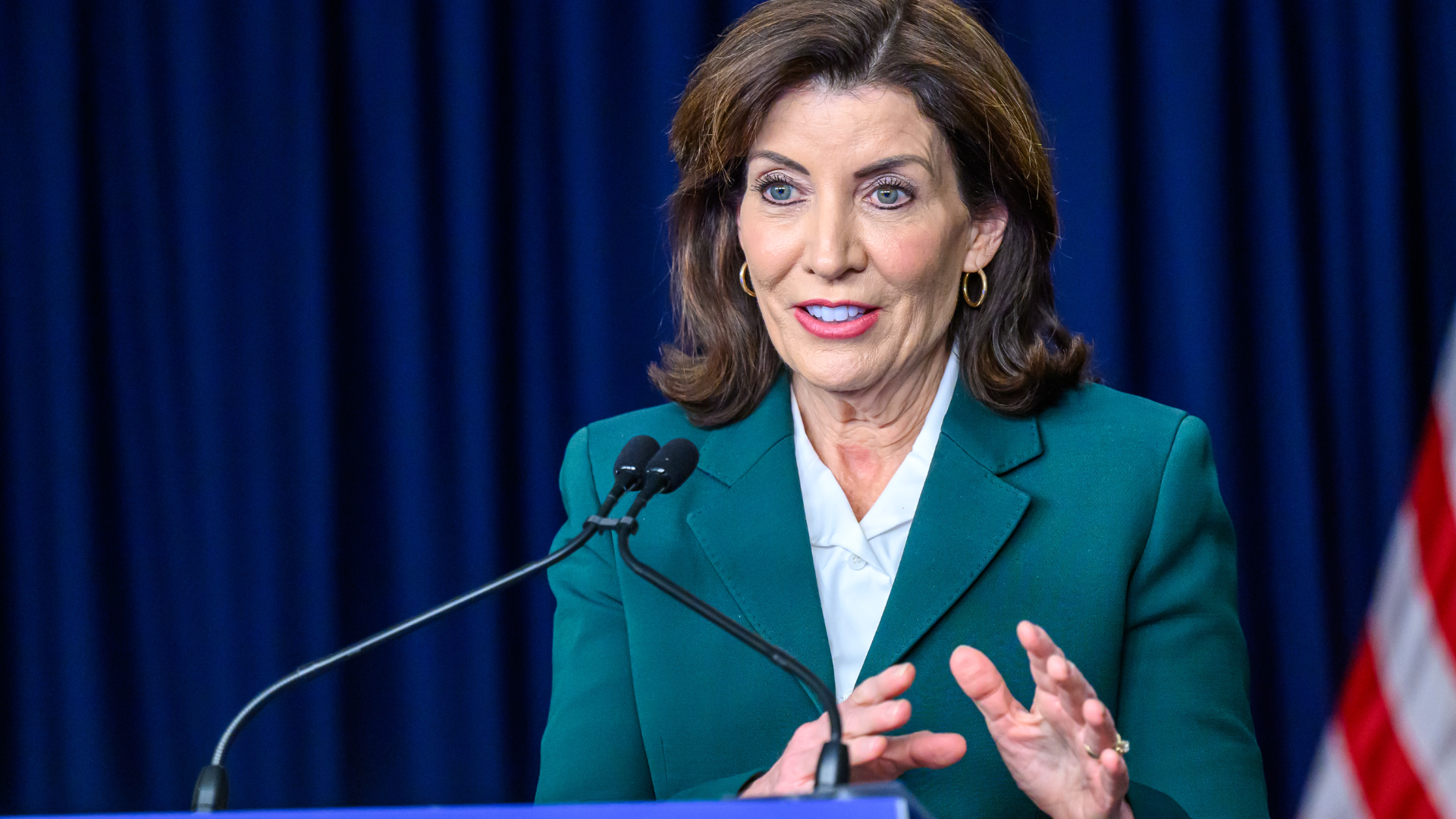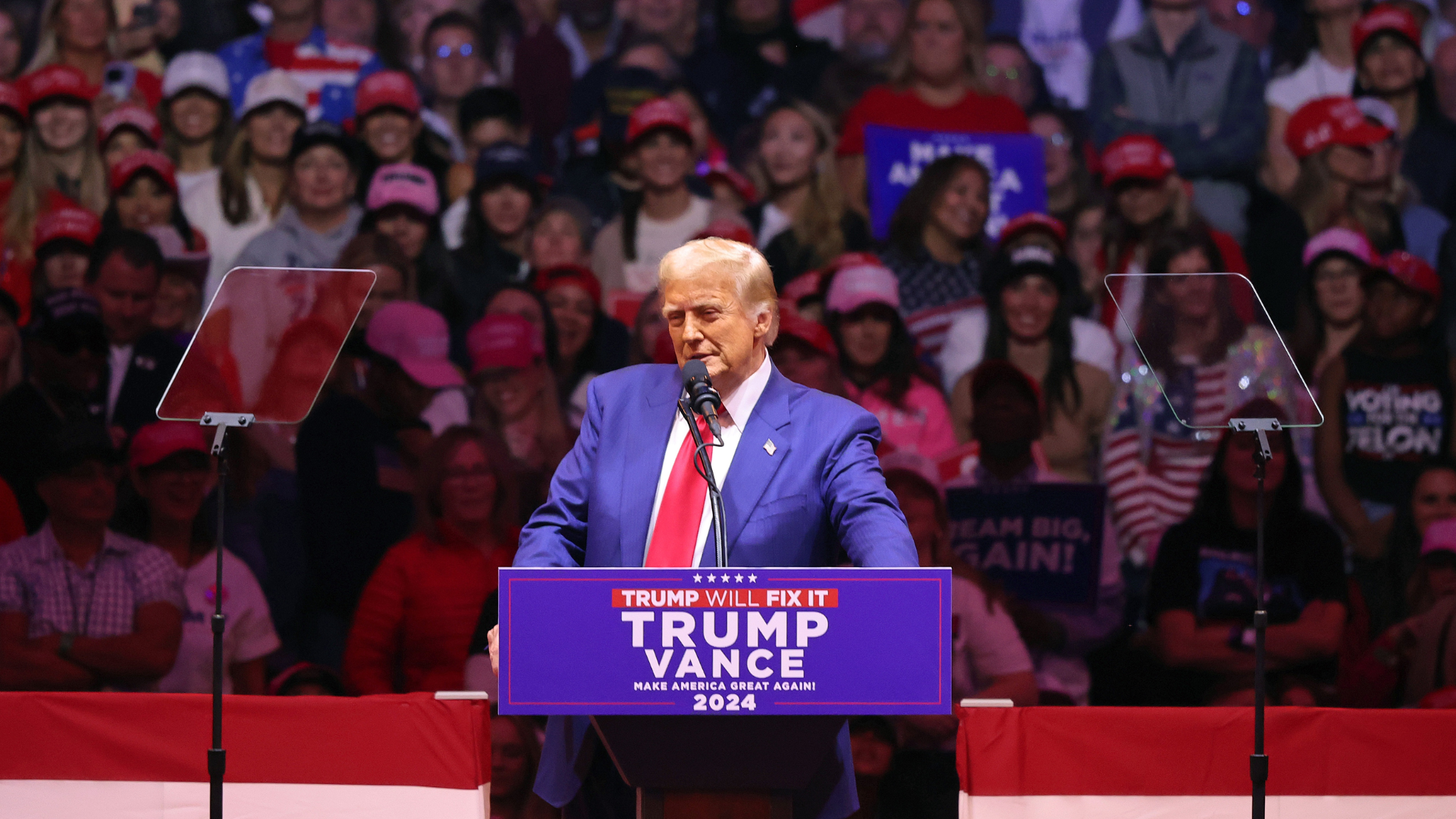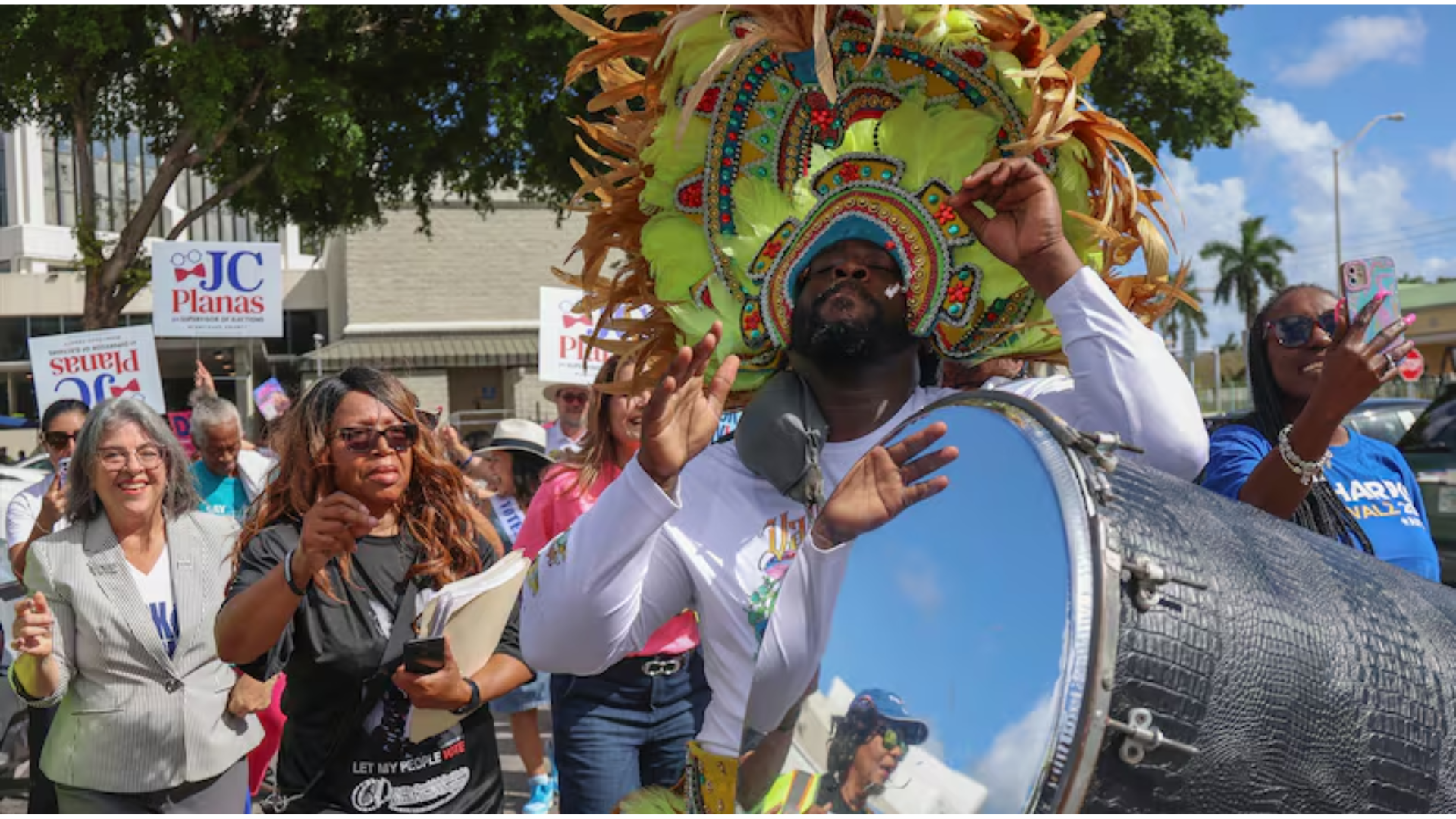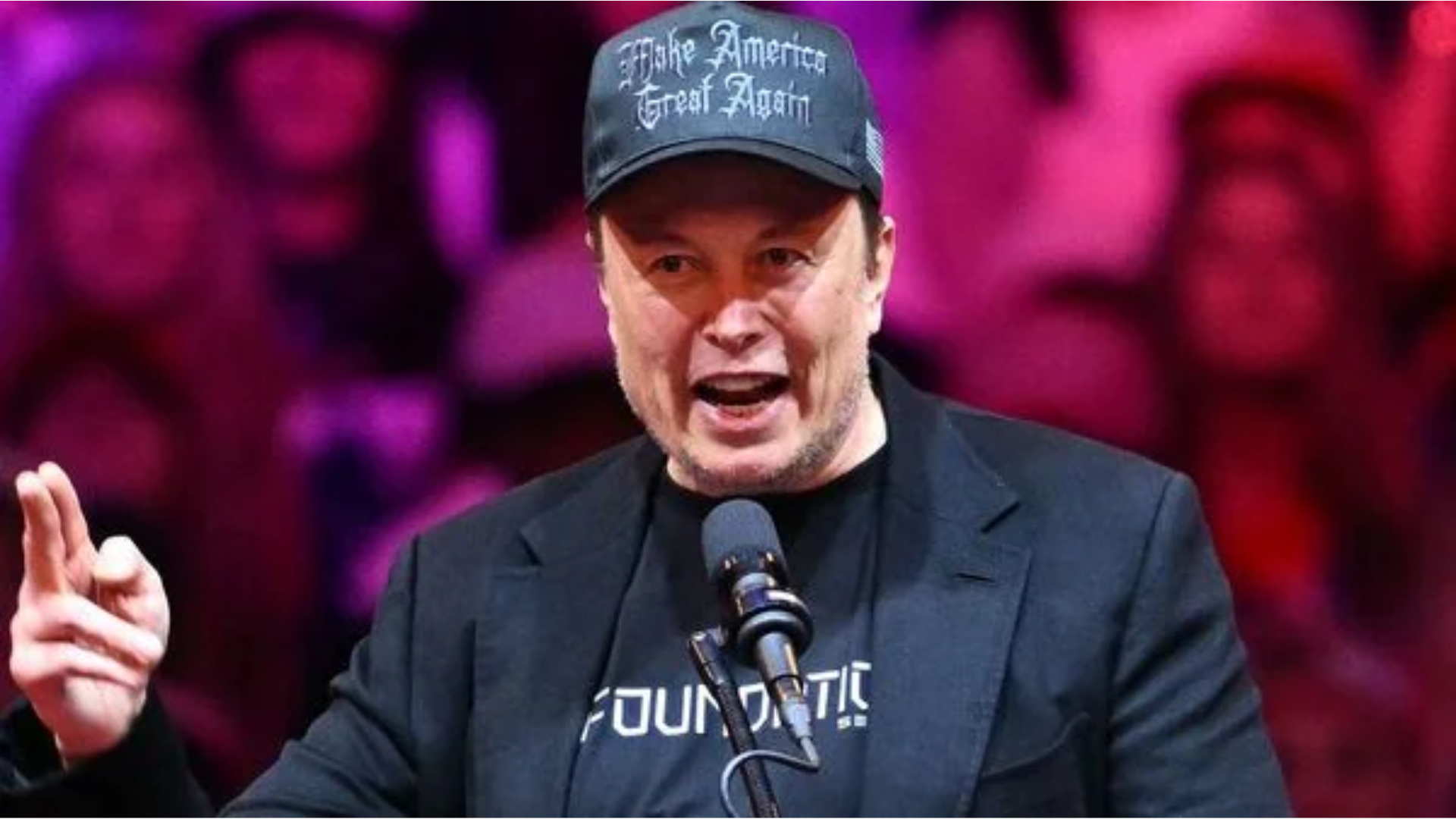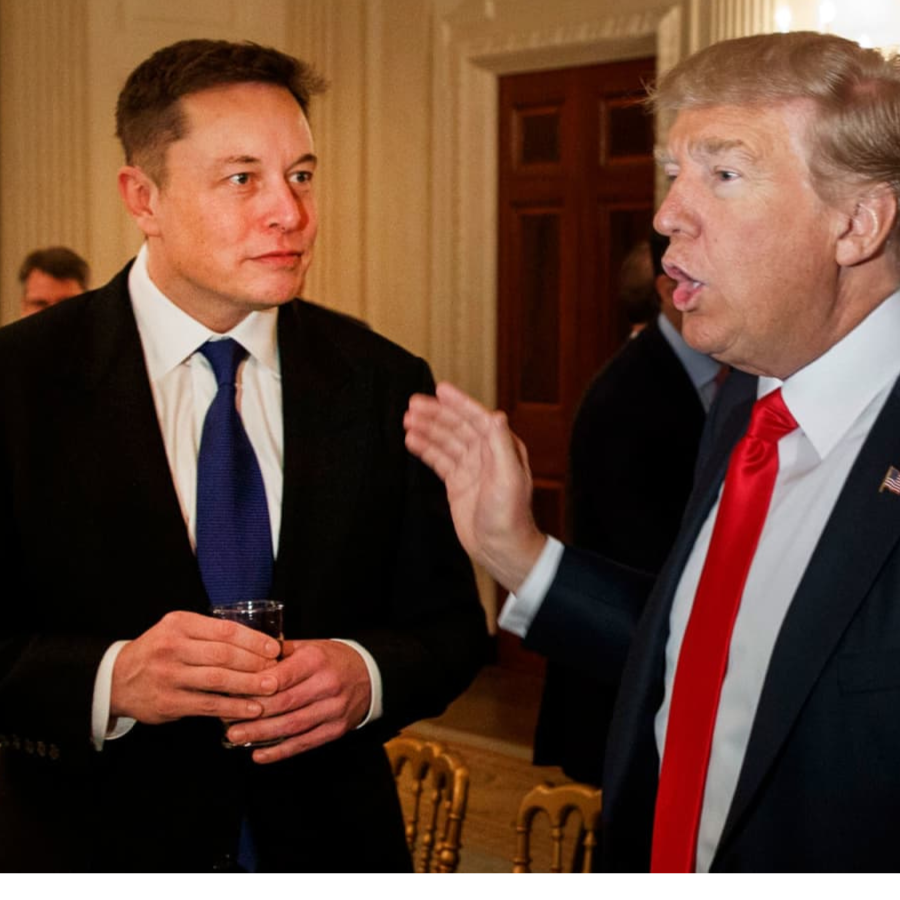
Donald Trump’s presidential campaign reportedly worked with Elon Musk’s social media platform, X, to block a leaked document related to Trump’s running mate, JD Vance.
This 271-page vetting file, shared by journalist Ken Klippenstein on Substack, contained sensitive personal information, including Vance’s social security number.
After the document was posted, X responded by blocking access to it and suspending Klippenstein’s account, citing privacy concerns.
The leaked file is believed to stem from a hack linked to Iran, which exposed various Trump campaign materials. While media outlets have been hesitant to publish these documents, this differs from 2016, when hacked files from Hillary Clinton’s campaign were widely circulated.
The suppression of the Vance document reflects a shift in handling such leaks, particularly given Musk’s open support for Trump and his influential role on X.
Since Musk acquired X in 2022, he has portrayed himself as a free speech advocate, yet his actions surrounding the Vance file highlight a different reality.
Musk, who has voiced strong support for Trump’s return to office, appears willing to leverage his platform’s power to protect Trump’s campaign interests.
Musk even attended a Trump rally in Pennsylvania, where he declared himself “Dark MAGA” and claimed this could be “the last election” if Trump does not win.
Klippenstein, whose account was restored after the story was reported by the New York Times, expressed concerns over Musk’s growing influence.
He described Musk’s control of X as a form of “election interference” and criticized the tech billionaire for limiting public access to politically significant information. Klippenstein argued that it is “a national humiliation” when a wealthy individual can suppress free speech with a single decision.
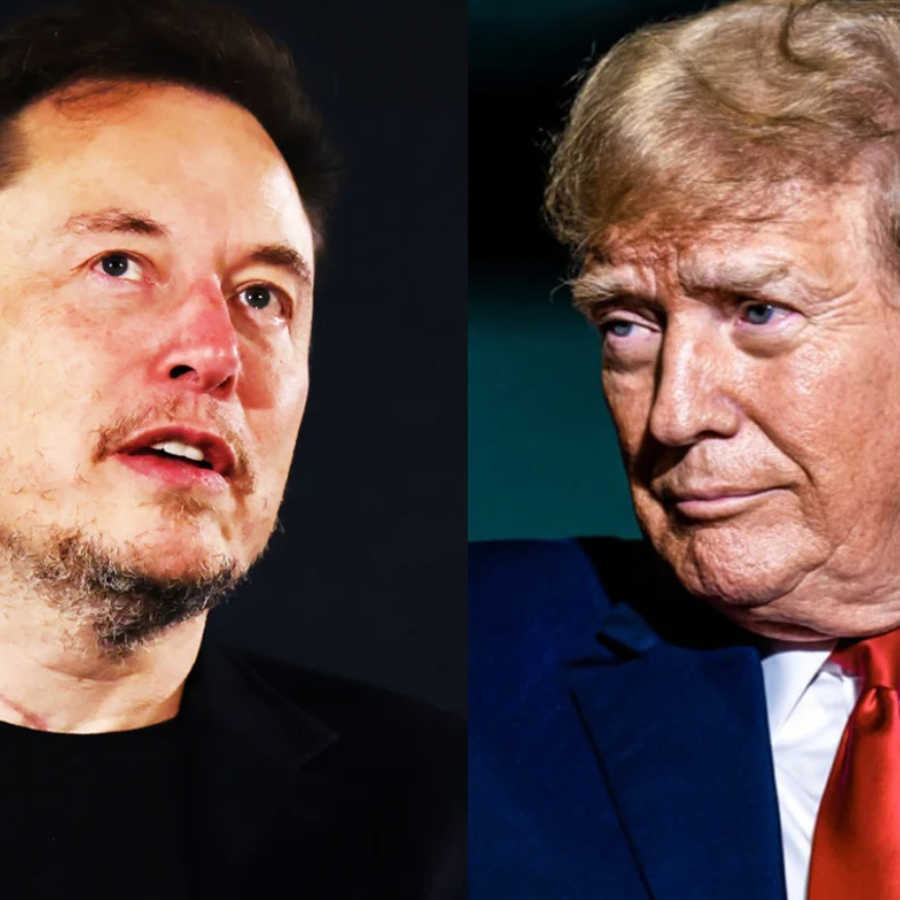
Musk’s backing of Trump has gone beyond social media. He has contributed significant funds to Trump’s campaign efforts, primarily through America Pac, which has spent roughly $80 million to boost Trump in critical swing states like Pennsylvania.
Musk is expected to continue attending Trump rallies and could even participate in grassroots efforts, such as door-to-door campaigning.
The relationship between Trump’s campaign and Musk’s X underscores concerns about the role of social media in influencing political narratives.
Musk’s actions, which seem to favor Trump, have prompted questions about the platform’s impartiality and its commitment to free speech. The incident highlights how easily powerful individuals can shape public discourse, particularly when they control major platforms like X.
Musk’s interference raises ethical concerns about billionaire influence in politics, especially when it involves suppressing information that could affect public perception.
This incident has fueled debates over whether social media platforms should be able to censor content based on the interests of their owners. Critics argue that Musk’s willingness to restrict access to the Vance file shows how tech moguls can influence elections by controlling what information reaches the public.
As the election nears, Musk’s involvement in Trump’s campaign is likely to remain controversial. His support, both financially and through X, could significantly impact Trump’s chances in the 2024 election.
By aligning himself with Trump, Musk appears to be leveraging his platform and his wealth to influence political outcomes in ways that some view as a threat to democratic processes.
With Musk expected to appear at more Trump rallies, his role in the campaign raises questions about the future of social media and free speech.
As Musk’s influence continues to grow, his actions on X may further blur the lines between political support and corporate control over public information.


